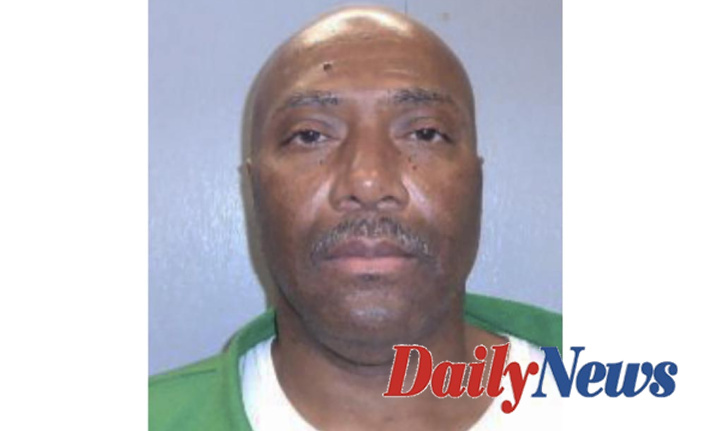The state Supreme Court's order temporarily suspends Richard Bernard Moore's execution on April 29, which was planned for convenience store clerk James Mahoney, Spartanburg.
In issuing the temporary stop, the court stated that it would issue a more detailed order in the future.
The 57-year old inmate's attorneys requested a stay due to pending litigation in another Court challenging South Carolina's constitutionality of its execution methods. These include the use of the electric chair. Moore's lawyers wanted to have time to request the U.S. Supreme Court review whether Moore was sentenced appropriately for his crime.
More than a decade has passed since the last firing squad execution in America. According to the Washington-based non-profit Death Penalty Information Center, Utah executed all three firing squad executions in the country since 1976. Ronnie Lee Gardner was the last to be executed by a five-person team in 2010.
On Wednesday, the South Carolina Supreme Court set a May 13 execution for Brad Sigmon (64), who was convicted in 2002 in Greenville County of double murder.
Last week, a state judge accepted to review a legal challenge filed by Moore, Sigmon, and two other death row prisoners who had exhausted all appeals. Their lawyers claim that firing squad and electrocution are both barbaric methods of killing. The attorneys for the prisoners also request that the judge examine the claims of prison officials that they cannot obtain lethal injection drugs. They cite executions that were carried out in this manner by other states in recent years.
South Carolina executed its last execution in 2011. Officials in South Carolina have blamed the decade-long delay on inability to obtain lethal injection drugs. The state's last batch expired back in 2013. Officials from the Corrections Department repeatedly stated that attempts to reach manufacturers and compounding pharmacies were unsuccessful.
The 2021 law was intended to fix that problem. It made the electric chair the default execution method, instead of lethal injection. It also codified firing squad as an alternative option for condemned prisoners.
Moore was executed on March 31, after corrections officials revealed last month that they had completed renovations to Columbia's state death chamber to accommodate the firing squad. They also created new execution protocols.
Moore voted to execute him by firing squadearlier in the month. However, he stated in writing that he was forced by state law to make a decision and found both options unconstitutional.
Moore also asked a federal judge separately to examine whether the firing squad or the electric chair were cruel and unusual.
According to the Death Penalty Information Center, South Carolina is one eight state that still uses the electric chair, and one of four states (including Oklahoma, Mississippi, and Utah) to allow firing squads.
Moore spent more than 20 years on death row following his 2001 conviction in the shooting death of James Mahoney, a convenience store clerk. At his trial, Moore was alleged to have entered Nikki’s Speedy Mart in Spartanburg seeking money for his cocaine habit. Moore then fought Mahoney and drew a gun. Mahoney pulled out a second gun and there was a gunfight. Moore shot Mahoney in his arm, while Mahoney shot Moore in the chest.
Moore's lawyers claim that Moore didn't intend to kill anyone when he entered the shop because he wasn't carrying a gun.












